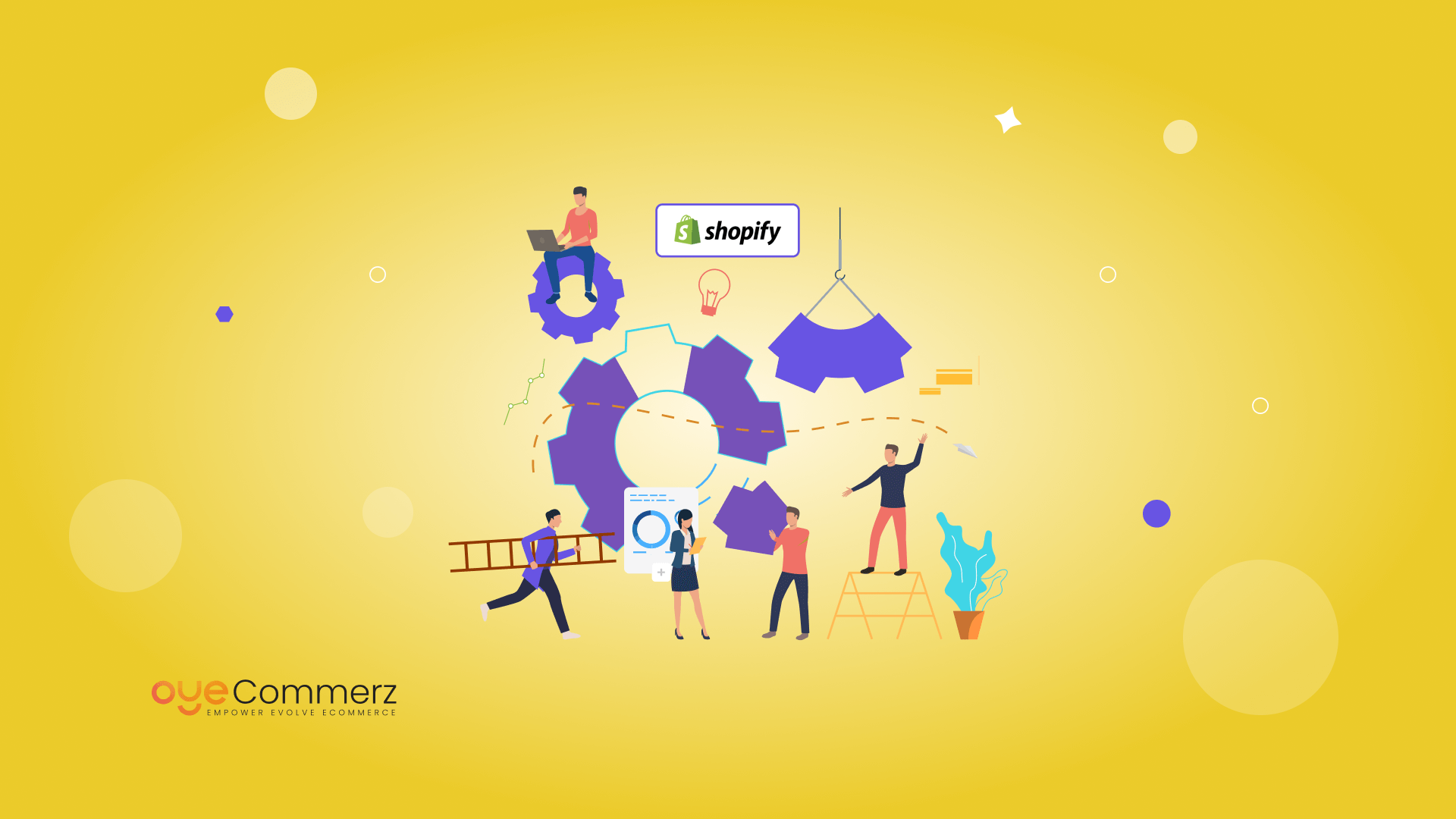Overview
In today’s competitive e-commerce environment, standing out is essential, and a top method to differentiate a Shopify store is through tailored app development. A robust Shopify app can enhance store capabilities, streamline operations, and elevate customer engagement. This article delves into essential elements of Shopify app development, from API integration to growth techniques and promotion methods, offering a roadmap for businesses looking for unmatched store efficiency.
Why Shopify API Integration Matters
Shopify’s API provides powerful tools to personalize and extend store functionalities. With the GraphQL and REST API options, developers can access data to build applications that handle inventory control, order processing, and customer information management seamlessly. Integrating Shopify’s API can enable improved workflow automation and allows stores to assist shoppers more effectively.
Adopting the Polaris Design System
Polaris is Shopify's design system for creating user-friendly and easy-to-use Shopify apps. By following Polaris guidelines, developers ensure that apps seamlessly integrate within the Shopify Admin interface. This ensures a cohesive look and feel that appeals to Shopify merchants, encouraging usability and comfort for merchants using your custom app.
Understanding the Shopify App Ecosystem
The Shopify app ecosystem offers endless possibilities for enhancing online stores. From handling order fulfillment to increasing customer engagement, apps in this ecosystem are designed to meet various business needs. Familiarizing with this system helps developers in finding unique app ideas and allows for smooth connections of external tools that add value to the store.
Developing Embedded Shopify Apps
Embedded apps work seamlessly within the Shopify Admin, providing a smooth interface for merchants. They ensure that merchants don’t have to leave their Shopify control panel, streamlining their workflow. Employing Shopify App Bridge and embedded app capabilities is a best practice for offering a unified, well-integrated user experience.
Using Node.js and React for Shopify Apps
Node.js and React have emerged as ideal tools for Shopify app development. This server-side framework enables high-performance back-end services, while React enables interactive and adaptive front-end user interfaces. Combined, they provide an excellent framework for building fast, scalable Shopify apps that enhance store functionality and customer interaction.
Utilizing Webhooks in Shopify Development
Webhooks enable instant data synchronization between Shopify and an outside application. They initiate events such as order creation or stock changes and provide immediate notifications to your app. By utilizing webhooks, apps can provide up-to-date information to Shopify e-commerce solutions store owners, streamlining workflows and boosting productivity.
Customer Engagement and Digital Marketing for Shopify Apps
To ensure Shopify app success, engaging customers is crucial. Using digital marketing strategies like SEO, email marketing, and social outreach can increase app usage. Additionally, designing apps with customer interaction as a focus (e.g., loyalty programs or personalized recommendations) boosts user loyalty and loyalty.
Scaling Your Shopify App
As e-commerce stores expand, so do their technology requirements. Ensuring that your app can scale Explore Shopify customization to handle higher usage, larger data sets, and more advanced functionalities is critical. By improving server resources and using scalable solutions, you can create apps that expand in tandem with a store’s growth.
Important Features and Maintenance Tips for Shopify Apps
For an app to be useful, it should offer key capabilities like user login, analytics dashboard, and customer support options. Regular app maintenance, with updates to fix bugs and compatibility checks with new Shopify functionalities, is vital to maintain uninterrupted performance and avoid interruptions to business processes.
Conclusion
Custom Shopify app development offers immense opportunities for e-commerce stores, offering the chance to improve store functionality, streamline processes, and foster customer loyalty. With API integrations and Node.js to ensuring scalability and customer interaction, building a Shopify app involves careful planning and well-planned actions. If you’re prepared to unlock your store’s full potential, a custom Shopify app could be the ideal solution. What features do you envision for your dream application? Share your thoughts and take the first step toward an optimized e-commerce experience!
